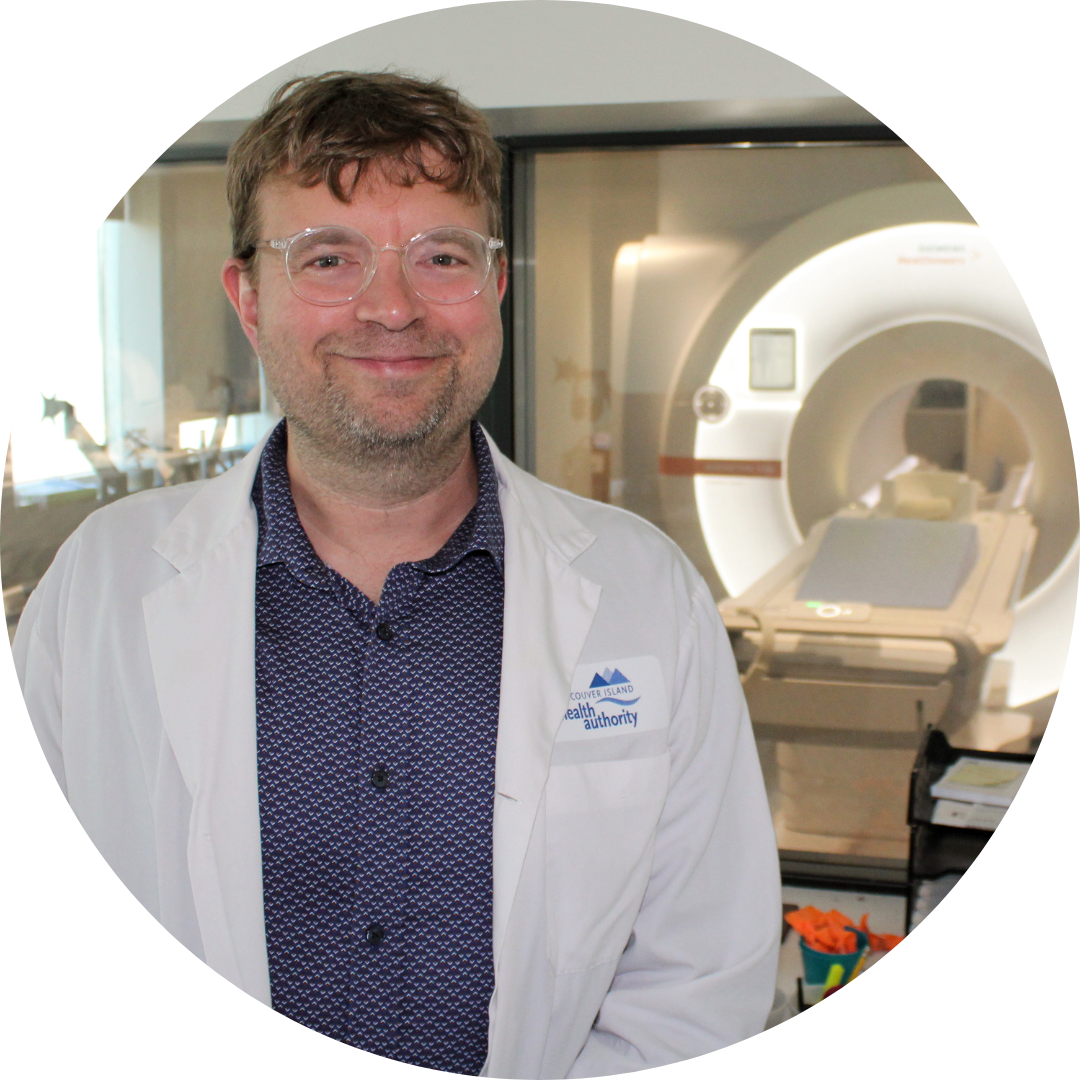I am writing to you from the ferry as my family makes yet another trip to Vancouver to access care for my 18-month-old daughter, Odette.
My husband Joe and I were already parents to two boys when we found out we were pregnant with a daughter. I had a normal pregnancy with no complications—so normal that we had even planned to have a homebirth with a midwife. We didn’t expect to need hospital care. Then, at 37 weeks, we learned our baby had stopped growing, and our midwife sent me for an ultrasound to make sure everything was okay.
Two days later, our midwife called and asked if Joe was home with me. That’s when I knew something was wrong. She reported abnormal findings in the ultrasound, and our baby had features consistent with skeletal dysplasia (dwarfism). At first, no one knew how severe it was, or whether our baby would even survive.
Everything changed in that moment. It was a Thursday, and I was scheduled to be induced into labour later that afternoon. I was admitted to Victoria General Hospital (VGH), where a full care team—including a pediatrician and respiratory therapist—was on standby to support our baby.
My daughter, Odette, was born with fiery orange hair—a surprise to both my husband and I—in the early hours of October 15, 2021. After a few minutes on my chest, Odette was taken to the NICU. Thankfully, she did not need any intervention from the respiratory therapist. A geneticist at VGH diagnosed Odette with achondroplasia dwarfism. Odette was only a day old when she had her very first MRI scan at VGH, which marked the beginning of a very long care journey for our family.
After we took Odette home, I learned there were certain conditions we needed to watch for, including hydrocephalus, a neurological disorder caused by a buildup of cerebrospinal fluid in the ventricles (cavities) deep within the brain. This excess fluid causes the ventricles to widen, putting harmful pressure on the brain’s tissues.
When Odette was eight months old, I noticed a sudden increase in the size of her head—a warning sign for hydrocephalus. I brought Odette to the Emergency Department at VGH, where she underwent an ultrasound and her second MRI. She was diagnosed with hydrocephalus and a severe spinal cord compression, which could be life-threatening. We were airlifted to BC Children’s Hospital, where Odette had surgery to decompress her spine and address the hydrocephalus, which required a second endoscopic third ventriculostomy (ETV) surgery to drain the fluid from her brain. This marked our first, but not our last, trip to the Mainland to receive care.
I can’t tell you how difficult it is for our young family to have to travel back and forth to Vancouver to access the care Odette needs. Aside from the logistical and financial strain, there is also an emotional toll. The first time I left Odette with my husband while I travelled back to Victoria to care for our boys, who also needed me, I just remember feeling further and further away from my daughter. It was really hard on all of us.
Odette will need an MRI every year for at least the next four years to ensure the ETV surgery is still working successfully. While she will continue to receive care at BC Children’s Hospital, I dream of a future where my daughter could be treated here in Victoria, which is what inspired me to share my story with fellow community members like you.
For us, this future begins with access to advanced medical imaging. Odette is just one of many patients whose care journey begins with imaging like a MRI scan. Now, these scans are our lifeline. If we were to ever notice concerning signs that Odette’s ETV surgery was failing, we would need to bring her to VGH immediately for an MRI scan.
Today, I am asking you to consider making a gift to support two revolutionized MRI scanners for VGH. This equipment is vital for any of the 860,000+ Vancouver Island residents of all ages who receive care here. I have been told the new MRIs will allow for better imaging, as well as faster scan times and a more comfortable patient experience. As a mother, it means so much to know this process could be less frightening for little ones like Odette.
The future of my daughter’s care starts here. It begins with advanced equipment that creates the foundation for more advancements in our hospitals. I never expected to have a child with complex medical needs, and my parents, who live just down the street from us, never expected to have a grandchild with these needs. Imagine if we could create a world in which people support our hospitals before they need them.
Odette is now 18 months old. She has a strong, vibrant personality and loves to boss her older brothers around. Once, her pediatrician told me that kids with complex medical needs seem to be born with a little something “extra” that makes them so resilient, and this is certainly true of Odette. I want to thank you for thinking of her and the many other patients on our Island who will benefit from advancements in care—advancements that you make possible.
—Sophie
Public servant, mother, and advocate for pediatric care on Vancouver Island












